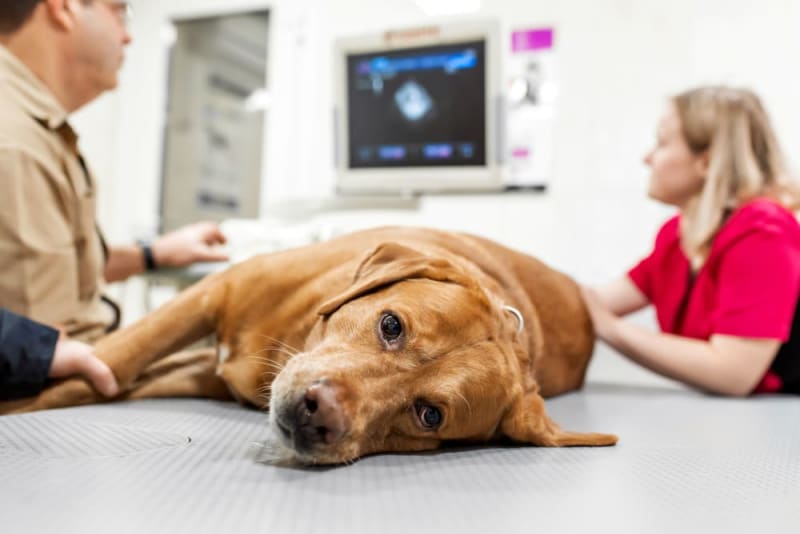The quality of life of pets and their owners relies on adequate pet care as much as the joy and calmness of both sides; however, veterinary health care is costly, and sometimes a health problem arises unexpectedly. In this article, we will explore various ways you could take good care of your pet, and at the same time, save some money on vet bills. DIY pet care, preventative care, pet insurance are all the ways we can care for our pets. We can also use home remedies for common illnesses, and schedule regular check-ups to ensure the health and happiness of our four-legged friends without breaking our bank accounts.
Preventative Care: The Key to a Healthier Pet and Lower Vet Bills
Veterinary preventative medicine is one of the essential parts of a pet’s overall health care and would lead to less expensive and less frequent trips to the veterinarian. Regular vaccinations must be provided to protect your pet from various diseases which can affect their health.
Parasite prevention, which is an additional option, should also be emphasized. Surely the most widespread parasites in pets (like fleas, ticks, and worms), can undermine pet health and cause such issues as skin infections, anemia, and kidney damage.

A healthy diet and physical activity will maintain the quality of the pet. Obesity in pets can result in a number of health problems, ranging from diabetes and joint problems to heart disease. When you give your pet a balanced diet and make sure they are active regularly, you will lower the chances of high medical costs and more likely ensure a healthy pet through a healthy weight.
DIY Pet Care: Simple Steps to Keep Your Pet Healthy and Save Money
While on one hand, it is important to use professional grooming services for breeds that have special grooming requirements, on the other hand, you can build up a DIY grooming routine that will keep your pet in good condition and will save you money. Daily brushing not only helps to get rid of loose hair but also prevents matting and spreads natural oils, which is good for the pet’s health. Also, daily oral hygiene, such as brushing your pet’s teeth, can prevent or reduce dental problems like periodontal disease and tooth decay.
Making your own pet food and treats is another way of saving money on pet care. You can prepare meals for your pets by using fresh ingredients that give you the advantage of having control of the diet quality, and then, the cost of buying commercial pet food is avoided.
Choosing the Right Pet Insurance: How to Find the Best Coverage for Your Pet and Budget
Pet insurance is a financial cushion that will cover any sudden injuries or health problems that come up. Yet, not all pet insurance is identical, and the most suitable policy for your pet and your budget is what is important to look for. Different types of pet insurance can be obtained, more specifically, accident-only coverage, illness coverage, and comprehensive coverage.
When deciding which policy is the best choice, it is crucial to think about features including deductible, percentage of reimbursement, annual limits, and exclusions or waiting periods.
Home Remedies for Common Pet Ailments: Natural Solutions to Save on Vet Bills
Of course getting your pet checked by your veterinarian is always the first thing to do whenever a concern arises, but there are many common health issues that can be treated with natural remedies at home.
The general rule to remember is that home remedies may not be suitable for all pets and all pet issues. Certain remedies may have side effects and may not be useful at all. Therefore, it is better to consult with a veterinarian before any homemade treatments are used.

The Importance of Regular Check-Ups: How Routine Veterinary Visits Can Save You Money in the Long Run
It is important to schedule vet visits on a regular basis since this prevents the occurrence of serious illnesses and can also help you to save money in the long term. On such visits, veterinarians are often capable of detecting early signs of health problems that are not obvious to pet owners.
On top of the routine checkups, the vet has a chance to assess the pet’s overall health and suggest prevention plans that are specifically targeted to your pet. This could perhaps involve advice on diet, exercise, or further vaccinations and anti-parasite medications.
To sum up, providing preventive care, self-care of pets, selecting the correct insurance policy, using home remedies for common ailments, and regular check-ups are all key approaches that will help you to keep your pets healthy and to avoid high veterinary bills. Engaging in preventive approaches such as vaccination, parasite avoidance, and a wholesome diet, along with a good exercise routine, ensures that you do not incur the cost of some health issues by chance. Besides that, learning DIY pet care and resorting to natural remedies with the supervision of the vet will save you money on professional grooming and help pet illnesses subside at home. Consulting first with your vet on a regular basis helps in the early identification of health problems and offers preventive measures that, in turn, will help you save money in the long run. Therefore, giving priority to these strategies will help you to create conditions for your pet’s well-being and happiness while staying within your budget.
